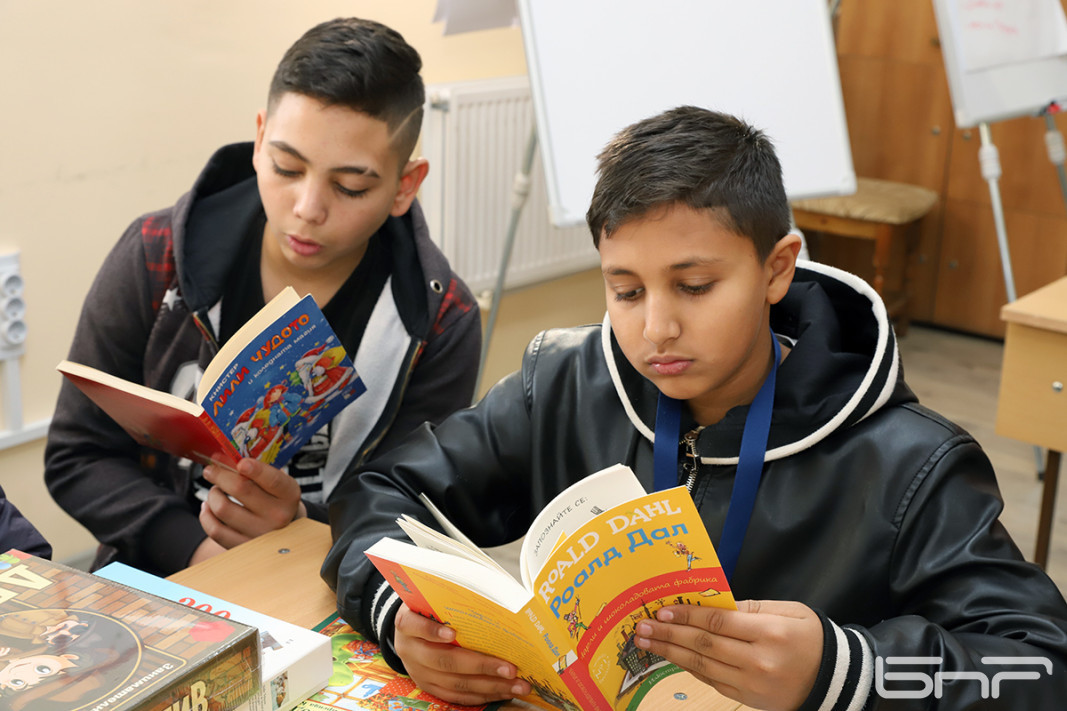We have all caught sight of them – tattered, carrying rubbish around, begging for money or reaching out for someone’s purse with nimble fingers. And many of us, frequently outraged at the sight of them, never seem to ask ourselves – why aren’t these children well dressed, why aren’t they with their mothers and fathers, why are they out in the streets in the dark, why aren’t they… like our own children.
 The “Health and social development” foundation has set itself the task of helping to keep children from two minority neighbourhoods in Sofia off the streets, preventing early school-leaving, social isolation and neglect of their health. At three day centres social workers, psychologists, pedagogues and people from the community work with children and youngsters up to the age of 18 who have dropped out of the system of education and are at risk of marginalization.
The “Health and social development” foundation has set itself the task of helping to keep children from two minority neighbourhoods in Sofia off the streets, preventing early school-leaving, social isolation and neglect of their health. At three day centres social workers, psychologists, pedagogues and people from the community work with children and youngsters up to the age of 18 who have dropped out of the system of education and are at risk of marginalization.
Besides looking after them health-wise, the people from the foundation provide access to baby food kitchens, find GPs for the children, but the focus is on education and sending children back to school. That is why the smaller children attend the foundation’s kindergarten, while the older kids are helped by specialists to catch up on what they have missed at school. The foundation also works with the parents to help form a supportive family environment.
 During the months of social isolation over the coronavirus pandemic, the organization’s activists never stopped taking care of the community and continued to hand out food packages to people in need.
During the months of social isolation over the coronavirus pandemic, the organization’s activists never stopped taking care of the community and continued to hand out food packages to people in need.
“In the neighbourhoods Fakulteta and Filipovtsi there are no children sleeping in the streets,” says Zornitsa Stoichkova from the foundation. “Of course there are some parents who have left their children with their grandparents because they are working abroad. But there have been instances when there has been no one to take care of the children and they were literally left in an empty room. In such cases different measures are taken by the State Agency for Child Protection. But if the parents are at work during the day and there is no one to take care of their children they come to our centre and spend their time there. Unfortunately, children are sometimes removed from families –not because of anyviolence but because they have been abandoned.
Whether because they are in the street or because they have suffered psychological or physical violence, the children need specialized help to cope with the problems and prevent them from going down bad roads. This is the mission of one more social institution – the day centre for children living in the streets in Kostinbrod.
The centre works with problem children who, because of conflict in the family, aggression or lack of parental care take to crime or, once traumatized, are unable to take their place in society.
“We have children here with bad habits which they have broken,” says Svetoslava Ivanova, director of the centre. “For example, 7-year old children – ordinary, smiling kids, but in the habit of pilfering. We have much more serious cases, again with positive results. When they come to use they are miserable, fragile, restless, but soon they become radiant, start believing in themselves and pursuing their goals. In time they come back to us and say – I am at university, I live abroad. To achieve such a result is, to us, the biggest reward and the truth is that these children continue to give us love and warmth.”
Photos: BGNES archive, BTA, BNR
Greece receives the fourth tranche of almost 1 billion euros under EU Recovery and Resilience Plan The European Commission paid Greece the fourth tranche under the Recovery and Resilience Plan (RSP) worth 998.6 million euros. This was..
The National Music Competition "Like the Lions" 2024 is taking place from October 18 to 20 at the BNR's Concert Hall in Varna. The musical event has garnered significant interest, with participating children and teenagers coming from over 20 cities in..
On October 12, the Bulgarian Academy of Sciences (BAS) solemnly celebrated the 155th anniversary of its founding with an official reception and concert at the Sofia Opera and Ballet. It was this special occasion, as well as the 64th anniversary of the..
People with motor and visual disabilities in Bulgaria face numerous difficulties in moving around and in their daily lives. But apart from purely..
"I vote whenever I can and I'm in a place where there is a way to do it," the world-famous Bulgarian violinist and concertmaster of the Royal..
A world-famous Bulgarian actor and a surgeon won recognition at the third edition of the Bulgarian Awards for Arts, Science, Education and Culture in Los..

+359 2 9336 661
